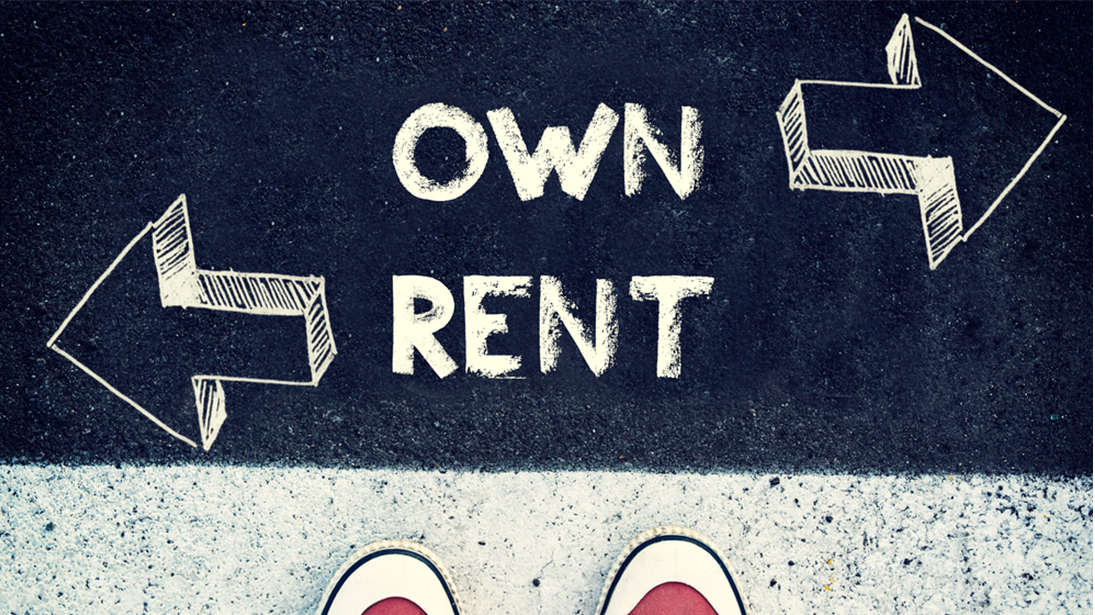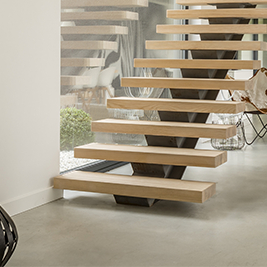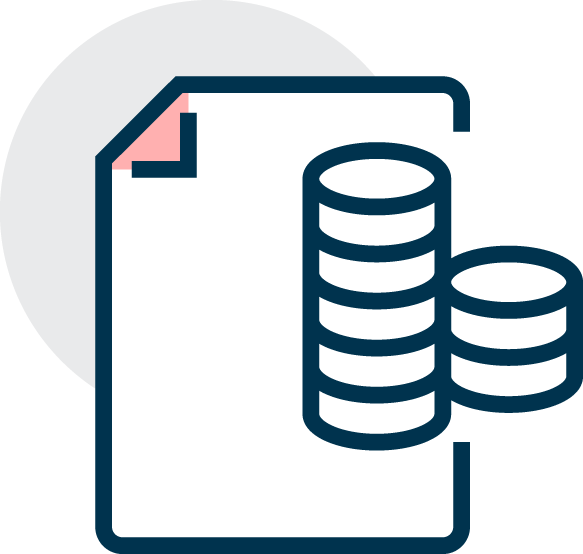A home is much more than just four walls and a roof. It kindles a range of emotions and thoughts in us. To some, it is a sense of security; to some, it is about comfort and to others, it is a symbol of status and accomplishment. But there is also the other aspect of a home to contend with. It is to do with numbers. The monetary aspect too is important as buying a home is often the biggest financial transaction in an average Indian’s life. To rent or buy is a decision that many grapple with.
 Here Are 9 Reasons Why Owning A Home Is More Advantageous Than Living On Rent:
Here Are 9 Reasons Why Owning A Home Is More Advantageous Than Living On Rent:
1.No landlord hassles:
When you have a home of your own, you are in control. You do not have to deal with a landlord; be it minor repairs or a complete overhaul of your entire home, living on rent is a pain in many ways. You are dependent on the landlord for water, electricity, maintenance and almost everything else.
9 Advantages of buying a home over renting
- No landlord hassles
- Emotional security
- No uncertainty
- No compromise
- Easy financing options
- Tax benefits on home loan
- Building your own asset
- Home as an investment
- Conforming to social norms
2.Emotional security:
When you purchase a house, you provide your family their very own space; a home. At the end of a long day at work coupled with tiresome commute and continual stress, returning to your own nest brings alive a sense of security and comfort which is simply irreplaceable. After all, there is no place like ‘home’ where you can be truly at ease and just be yourself.
3.No uncertainty:
With your own home, there are no fear and anxiety that is caused by the possibility of an untimely termination of the lease agreement by the landlord. To add to this, there is no hassle of renewing the rent agreement every year and renegotiating on rent repeatedly.
4.No compromise:
Rent is an expense and the general tendency is to reduce expenditure. Therefore, you may end up compromising on several aspects such as location, size and amenities. On the other hand, when you buy a house, you will ensure that your chosen property meets your expectations.
5.Easy financing options:
Owning your dream home has become easier now with the availability of easy finance options. You need not wait till your 40s and 50s to accumulate money for your dream home. You can buy it in your 20s and be a proud owner of a fully paid off home by the time you turn 50 or even before. You need to judiciously choose a home loan lender who can offer you flexibility in managing your home loan repayment by tailoring your home loan EMI to suit your present and future income patterns.
6.Tax benefits on home loan:
Your home loan principal and interest repayment fetch you attractive tax breaks. And remember, renting actually is more expensive than just the rent you pay. Your cost is higher since you are not earning any interest on the deposit amount paid to the landlord (which is quite high in premium locations) throughout the lease term.
7.Building your own asset:
Instead of paying rent which is a pure expenditure, you may pay the home loan EMI thereby building your own asset over time. Effectively, with every EMI that you pay, your equity in your home goes up.
8.Home as an investment:
When you are likely to live in a particular city for long, it makes sense to buy a house so that you have a feeling of belonging and permanency. You get to identify with the city and its lifestyle. You feel that you have finally settled in life. Besides property prices usually appreciate over the long term. Buying a home means you are also enhancing your wealth over time. Delaying your property purchase will result in having to invest a higher amount (in addition to having paid rent over an extended period of time).
9.Conforming to social norms:
And finally, buying your own home is a symbol of accomplishment and success in the society. Your wealth and status is measured by the home you own. Thus, by buying a house, you can enhance your social status significantly.

 The Numbers Argument
The Numbers Argument
While the above arguments in favour of home purchase are all qualitative, there is also the quantitative angle to the rent or buy argument. How do the two options stack up purely based on numbers? Here is a look:
Consider the example of Sanjay, 25. There are two scenarios considered here. One, he buys a house right away at the age of 25 when he has just settled into his permanent job. The other scenario is that he continues to stay in rented accommodation and invests his savings in a bank deposit at 8% interest. The initial value of the home is taken as Rs.40 lakh in both cases. For the purchase of a home, he takes a loan of Rs.30 lakh with a term of 25 years. Here’s how his finances would have stacked up in the two scenarios at age 50 when he has paid up his loan in full. The interest rate on the loan is assumed at 9%.
| Scenario of Rented home | |
|---|---|
| Annual rent paid in the first year(assumed at 3% of the home value) | Rs.1.20 lakh |
| Annual increase in rent(also considering the periodic resets in rental valuations) | 10% |
| Total rent paid for 25 years (accounting for the annual increases) (A) | Rs.118 lakh |
| Value of his savings assuming the loan down payment of Rs.10 lakh and the notional EMI (Rs 25,176) are invested in deposit @ 8% for 25 years (B) | Rs.313 lakh |
| His wealth at the age of 50 will be (B-A) | Rs.195 lakh |
| Scenario of purchased home | |
|---|---|
| Present value of home | Rs.40 lakh |
| Loan availed for purchase | Rs.30 lakh |
| EMI on loan(@ 9% interest and tenure of 25 years) | Rs.25,176 |
| Total of EMIs paid in 25 years (C) | Rs.76 lakh |
| Value of Rs.10 lakh down payment @ 8% p.a after 25 years (D) | Rs.69 lakh |
| Total cost of home (E=C+D) | Rs.145 lakh |
| Value of home after 25 years considering 10% per annum appreciation (F) | Rs.433 lakh |
| His wealth at the age of 50 will be (F-E) | Rs.288 lakh |
Note:taxation has been ignored in both scenarios for the sake of simplicity.
It becomes obvious through the above example, that buying a home makes financial / economic sense too. Sanjay is left nearly Rs.1 crore richer if he opts to buy a home rather than live on rent. This is no doubt a huge difference to his wealth. Considering that home loans fetch tax benefits too, the real difference in the wealth is likely to be higher.
 Conclusion
Conclusion
Whichever way you look at the question of “rent or buy”, buying makes eminent sense. With improved affordability due to a surge in income levels, higher disposable incomes, availability of easy and innovative loan options and tax incentives, a home purchase appears as an attractive proposition.
Also Read - What is Home Loan
Also Read - Home Loan Process
Home calculations made easy to help you plan your home
MISSED CALL
Give us a MISSED CALL for New Home Loan
- 09289200017


































